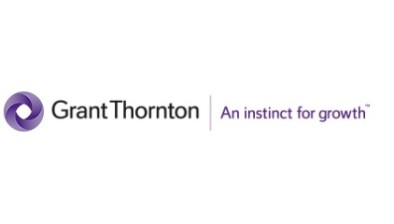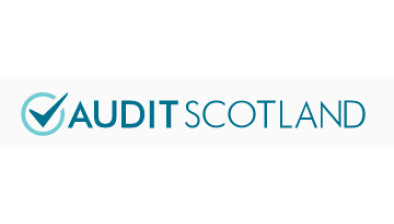Opinion: PPE Medpro – what the £122m judgment means for directors and creditors

Pamela Muir and Jeff Jacob
In 2020, PPE Medpro entered into a lucrative contract with the Department of Health and Social Care (DHSC) to supply 25 million sterile surgical gowns and other personal protective equipment. The company gained widespread recognition for its association with Michelle Mone and her husband, write Pamela Muir and Jeff Jacob.
Fast forward and London’s High Court has ruled against PPE Medpro, awarding the UK government £122 million in damages – the full amount DHSC paid for the gowns – after finding that the company breached its contract by delivering gowns that were not certified as sterile. The judgment came just one day after PPE Medpro filed a notice of intention to appoint administrators (NOI).
The company now faces a payment deadline of 15 October. According to Health Secretary Wes Streeting, the government wants “every penny”. However, the company’s most recent accounts show assets of only £660,000 – a fraction of the sum owed.
It appears almost certain that PPE Medpro will enter administration, but an NOI does not itself appoint administrators, nor is PPE Medpro required to take the next step in the process and do so. Instead, it provides a moratorium preventing other creditors from taking enforcement action before the company is ready.
What happens next if administrators are appointed?
Once appointed, administrators assume full control of the company. Their focus will be twofold: investigating the conduct of PPE Medpro’s directors and maximising returns to the company’s creditors.
Administrators have broad powers to scrutinise directors’ conduct prior to insolvency and will typically examine whether company assets were sold or transferred for less than their actual value (known in Scots law as “gratuitous alienation” or as a “transaction at an undervalue” under English law), whether any creditors were unfairly favoured ahead of others, whether trading continued when the directors knew or ought to have known the company was insolvent, whether directors breached their fiduciary duties or misapplied company funds, and whether any business was conducted with intent to defraud creditors.
If any of these issues are established, the directors could be held personally liable for some or all of the company’s debts.
Administrators will also review the company’s books and accounts for any transactions that may have diminished the assets available to creditors. Such transactions – often referred to as “clawback transactions” in Scotland or “antecedent transactions” in England – can be challenged or set aside by the court.
Directors should note that even seemingly legitimate transactions made before insolvency may be subject to investigation. Two key areas of focus are dividends and preferential payments.
While dividends paid prior to insolvency are not automatically unlawful, administrators will assess whether sufficient distributable profits supported them and whether the company was solvent at the time. Dividends paid without adequate profits, or during a period of insolvency, may be deemed unlawful and subject to repayment.
Similarly, administrators will examine whether PPE Medpro favoured certain creditors before insolvency, improving their position while others remained unpaid. Recipients of unlawful dividends or preferential payments may be required to return the funds unless the transactions are proven to have occurred in the ordinary course of business.
A thorough examination of these transactions could increase the pool of assets available to PPE Medpro’s creditors and potentially enhance the recovery available to the UK government.
A finding of director misconduct could result in disqualification proceedings under the Company Directors Disqualification Act 1986, and in some cases, compensation orders where misconduct has caused loss to creditors.
Limited liability does not shield directors in these circumstances. Increasingly, English and Scottish insolvency mechanisms are holding directors personally accountable where negligence or misconduct is identified.
If a rescue proves impossible, PPE Medpro is likely to move from administration into liquidation. The liquidator’s role would then be to collect and realise any remaining assets and distribute the proceeds to creditors.
For the UK government, full recovery of the £122m appears unlikely. As an unsecured creditor, its best prospects lie in clawback actions and claims against the directors rather than against the company’s own limited assets.
This case serves as a timely reminder of a reality familiar to insolvency professionals: winning in court is often only the first step in a long and uncertain process of recovering funds. Effective planning for recovery should begin at the earliest stages of any legal action.
![]()
Pamela Muir is a partner and Jeff Jacob is a solicitor at Thorntons







